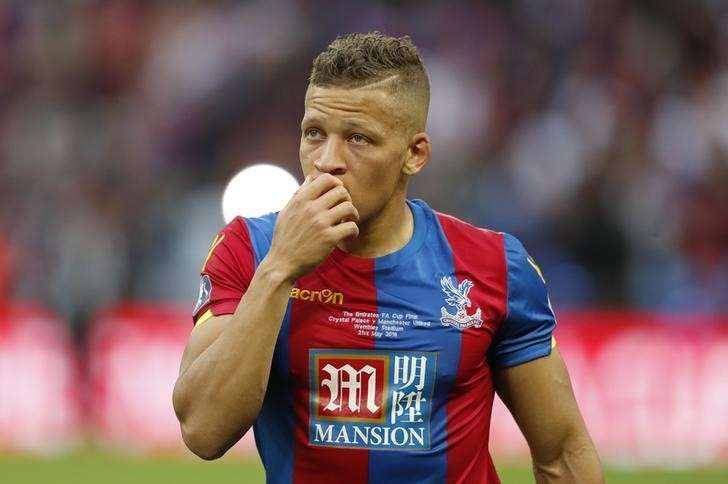
English clubs start to spend new-found riches

By Neil Robinson
LONDON (Reuters) - English soccer fans used to spend the summer ticking off the hours until the first day of the season in August but now the action kicks off on July 1 when the transfer window officially opens.
Significantly, smaller Premier League clubs were at the centre of much of the first-day trading, reflecting the early release of funds from the new television deal which will send 8 billion pounds ($10.6 billion) into the league over a three-year period.
That is more than 3 billion pounds up on the previous agreement which ran out at the end of last season.
New revenue normally starts to be handed over in August but smaller clubs successfully lobbied the league for a change to ease cash flow problems and allow them to compete earlier in the market.
"Normal payments have been brought forward, particularly to assist promoted clubs," a Premier League spokesman said. "Those payments reflect the new deal that has been negotiated."
Next season the team finishing bottom of the Premier League is guaranteed 100 million pounds, even before a ticket is sold or sponsorship deal struck.
That sum will give confidence and financial muscle to the league's smaller clubs and the first signs of that were shown on Friday when Crystal Palace paid Newcastle United 13 million pounds for Andros Townsend, sent Dwight Gayle in the opposite direction for 10 million and signed French goalkeeper Steve Mandanda from Marseille.
Watford paid Gent 8.3 million pounds for Christian Kabasele, a 25-year-old former Belgian defender who is with his country's squad at Euro 2016.
Watford were also heavily linked with an imminent 10 million-pound move for Granada striker Isaac Success.
Potentially even more significant was Watford's announcement that leading striker Troy Deeney had signed an improved five-year contract despite interest from Premier League champions Leicester City.
Deeney was touted as a possible replacement for Leicester's Jamie Vardy, who was the subject of a bid from Arsenal, but both players have decided to stay put.
That represents another knock-on effect of the new deal because the smaller Premier League sides are better placed to spurn offers from richer clubs and hang on to their best players.
That will not stop the spending, of course, but merely push up the figures. Last season Premier League clubs spent just over 1 billion pounds on new players, according to sports business analysis at Deloitte.
This season, the figure is likely to be even higher, and a league that is already seen as the hardest-fought in Europe could be even more competitive as a result.
($1 = 0.7523 pounds)
(Editing by Ed Osmond)